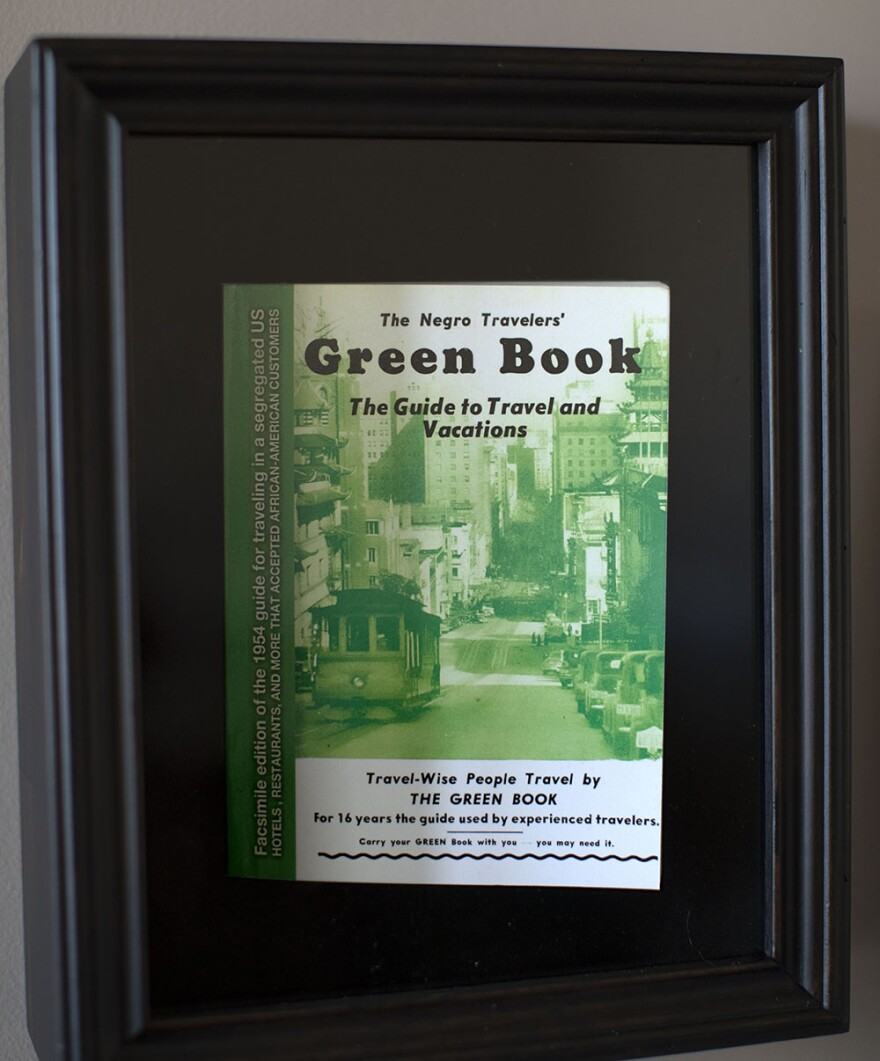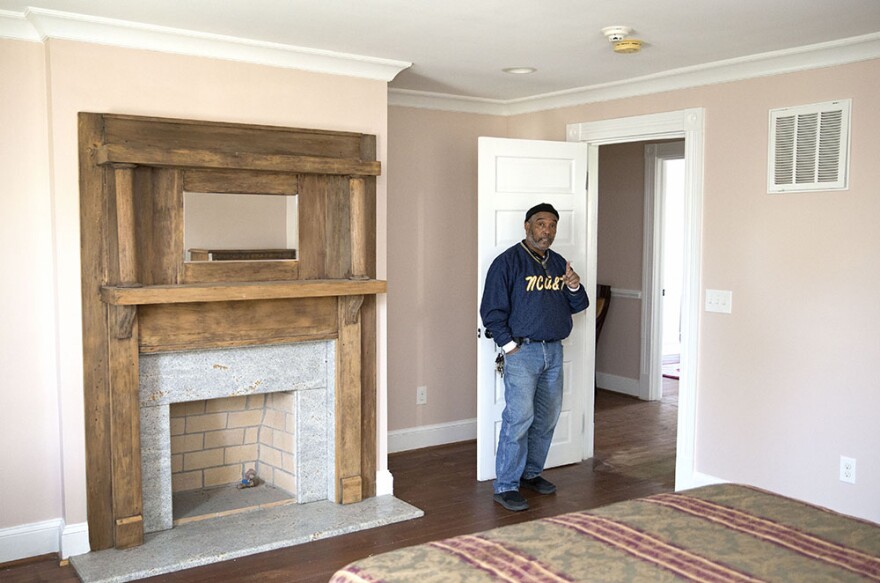Live jazz fills the air and strangers become friends as they talk and eat eggs and waffles at the Historic Magnolia House in Greensboro on a recent Sunday.
Evelyn Macomson eats brunch with her son, Donnie, every week. She’s particularly interested in a new display that has the Magnolia House’s listing in the Negro Motorists Green Book.
“I’m going to find some of these places to see if they still exist,” she said. “There’s Martin Street, I know that’s right around the corner.”
But she won’t have to do much research on the sites listed. The North Carolina African American Heritage Commission received a two-year grant to document the sites listed in the book.
The project is called “Green Books’ ‘Oasis Spaces’: African American Travel in North Carolina, 1936-1966.”
During segregation, it was hard for African Americans to know where to travel and still be safe.

When the Negro Motorist Green Book came out in 1936, it listed movie theaters, hotels and barbershops that offered a safe place for them to go. Three hundred and twenty-seven sites in North Carolina were listed in the Green Book.
To date, 66 physical structures are still standing across the state. Of the 66 identified by the North Carolina African American Heritage Commission, four Green Book operations are still in operation: Speight’s Auto Service in Durham, Friendly Barbershop in Durham, Magnolia House in Greensboro, and Dove’s Auto Service in Kinston.
The North Carolina Green Book Project will create traveling exhibits, a web portal, and public programming beginning in March 2020.
The project's research historian Lisa Withers said she wants to give a voice to the past.
“Being able to say these spaces are important, they mattered is really important to this project in addition to the people who lived there,” she said.

Magnolia House opened its doors as a motel to African Americans in 1949. Guests like Ray Charles, James Brown and Jackie Robinson all stayed there during their travels. In the 1970s it closed its doors and fell into disrepair. Greensboro native Sam Pass bought the home in 1995. It took him roughly 14 years for it to open its doors once more as an event venue.
The house now hosts bridal showers, baby showers, private events and brunch. Pass said it was a special place to the travelers who rested their heads there.
“It meant that they were comfortable. They didn’t have to worry about looking over their backs,” he said. “They didn’t have to worry about the offense of racism. They were home.”
Withers wants to capture the memories that people have from the Green Book. That’s why she and her team are traveling across the state to talk to people who traveled during segregation or remember the sites listed in the Green Book.
“Without the human stories, a building is just a building,” she said. “I think it makes a difference when you start thinking ‘Oh this person was able to send their kids to college, by having this drug store here.’”
ADDITIONAL PHOTOS:







